Learn how to stay safe from harmful algal blooms at “Lake Talks” presentation
The spring season of Wisconsin’s Sea Grant’s “Lake Talks” series concludes Thursday, May 12, from 7-8 p.m. The event will focus on “Harmful algal blooms and your health.”
The online event is open to everyone, though registration is required. (Register for this Zoom event now.) The hour includes time for audience questions.
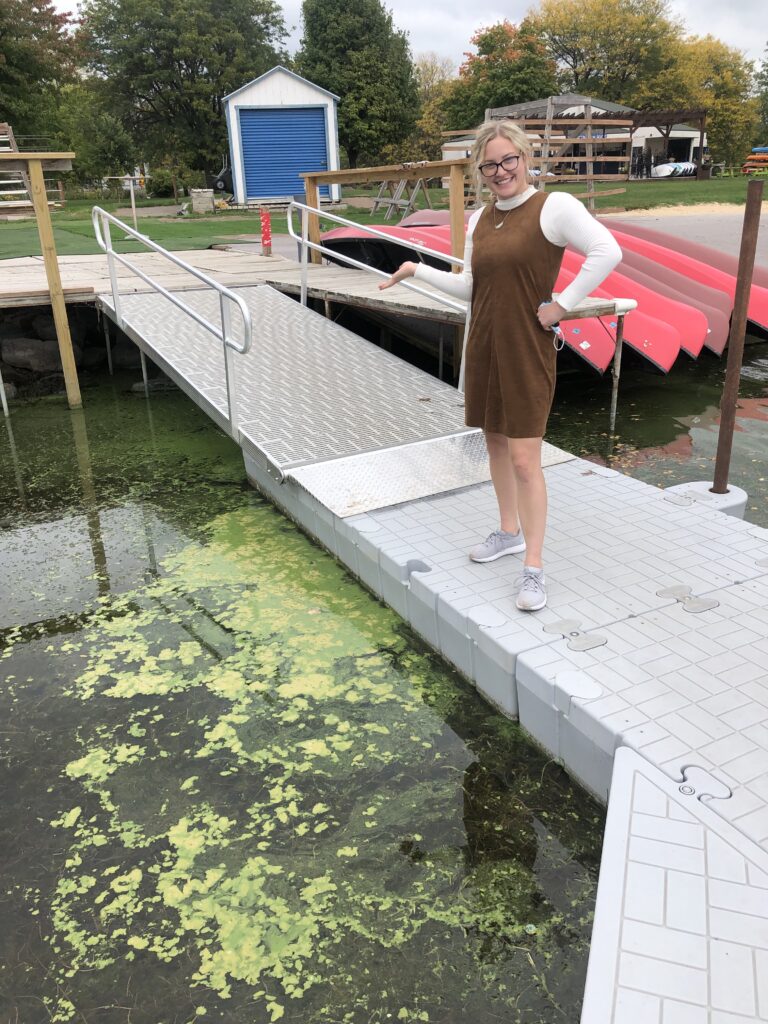
Jordan Murray gestures at some blue-green algae that has accumulated along the shoreline of Lake Monona at Brittingham Park in Madison. (Submitted photo)
Featured speaker Jordan Murray is a Wisconsin Water Resources Science-Policy Fellow. She serves as Harmful Algal Blooms Program Coordinator at the Wisconsin Department of Health Services (DHS) in its Division of Public Health. Her fellowship is jointly supported by DHS and the Aquatic Sciences Center at the University of Wisconsin-Madison.
Murray will give an overview of the harmful algal bloom (HAB) program at DHS and describe her role as coordinator. She’ll also cover how HABs can affect health. You’ll learn practical steps you can take to avoid exposure and keep yourself, your loved ones and pets healthy while enjoying Wisconsin’s abundant lakes.
The timing of Murray’s presentation is apt, as blue-green algae season typically begins in May as temperatures warm.
The presence of the algae—natural organisms found in all Wisconsin water bodies—is not bad in and of itself. However, problems arise when the algae grows to high levels and forms blooms that are often “scummy” or pea soup-like in appearance and pose health hazards.
Murray holds a master’s degree in public health, with a concentration in epidemiology, from the University of Toledo. A Toledo native, she remembers the period in 2014 when a major bloom in Lake Erie (source of the city’s drinking water) meant that residents were warned not to drink—or even touch—the water coming out of their taps.
“This public health issue is very personal to me,” she said, “so it’s fulfilling to do work around an issue that has so greatly affected my home and community.”
Murray’s scientific background and personal experience fuel her commitment to keeping people safe. With climate change leading to a warmer and wetter Wisconsin, bloom intensity is on the rise, making it important to raise public awareness about HABs.
For Lake Talks event and registration information, visit the Sea Grant website, or follow Wisconsin Sea Grant on Facebook or Twitter. You can register for Murray’s presentation on harmful algal blooms now.
For questions about this series, contact Wisconsin Sea Grant science communicator Jennifer Smith.
The post Learn how to stay safe from harmful algal blooms at “Lake Talks” presentation first appeared on Wisconsin Sea Grant.News Releases | Wisconsin Sea Grant
News Releases | Wisconsin Sea Grant
https://www.seagrant.wisc.edu/news/learn-how-to-stay-safe-from-harmful-algal-blooms-at-lake-talks-presentation/?utm_source=rss&utm_medium=rss&utm_campaign=learn-how-to-stay-safe-from-harmful-algal-blooms-at-lake-talks-presentation

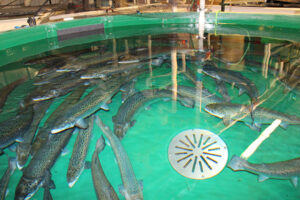
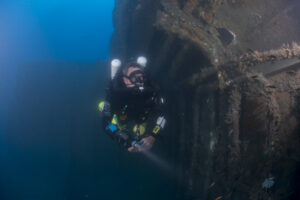
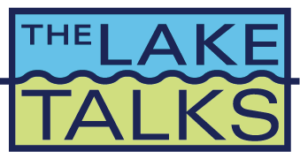 For Lake Talks event and registration information, visit the Sea Grant website, or follow Wisconsin Sea Grant on Facebook or Twitter. You can
For Lake Talks event and registration information, visit the Sea Grant website, or follow Wisconsin Sea Grant on Facebook or Twitter. You can 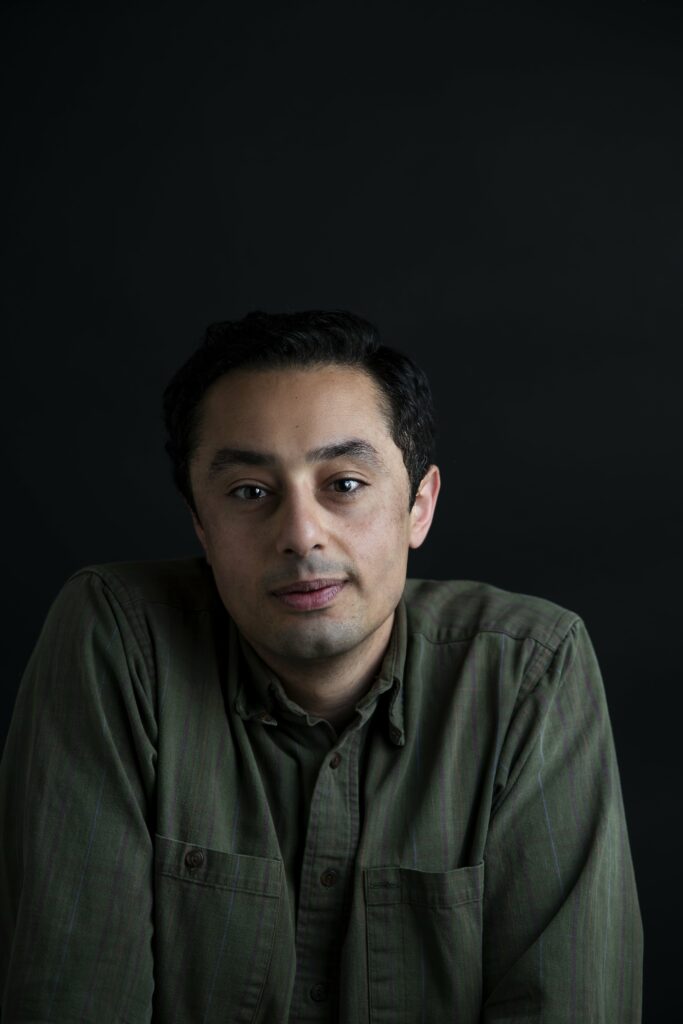
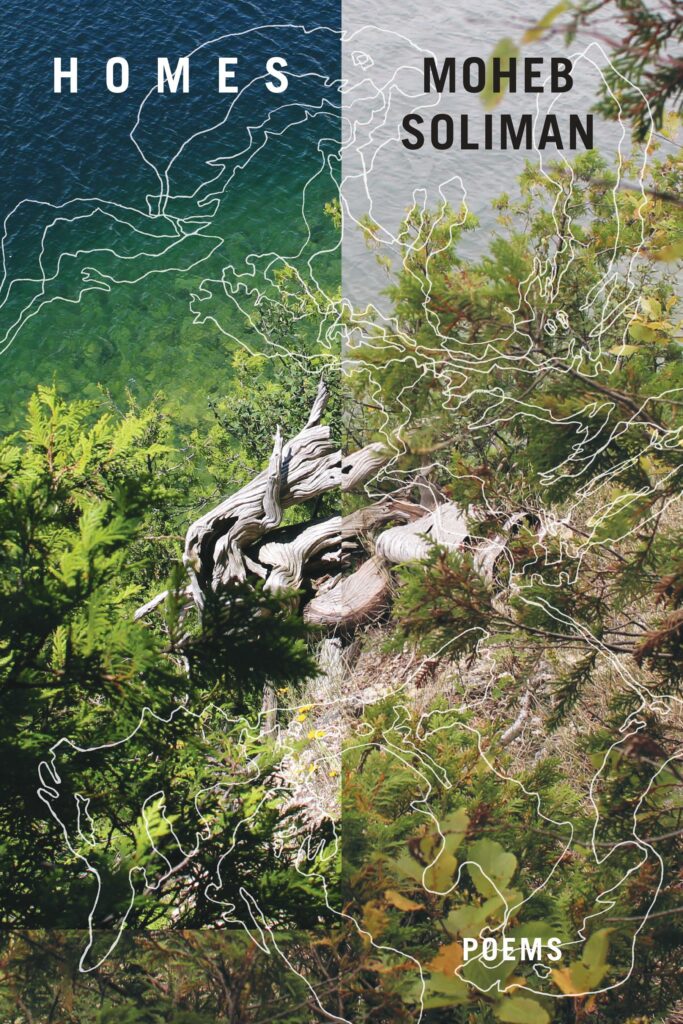
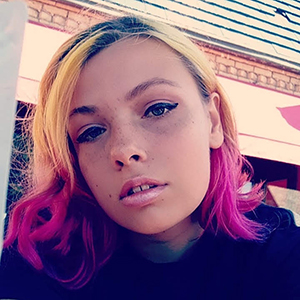
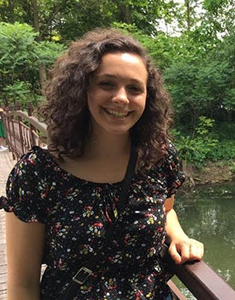
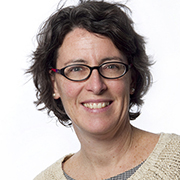
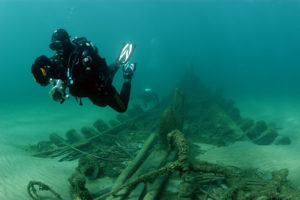
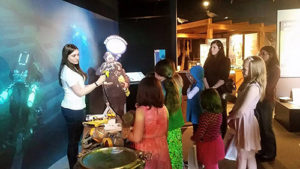
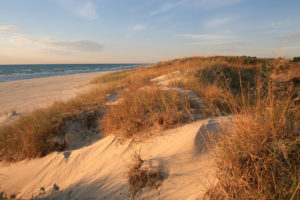
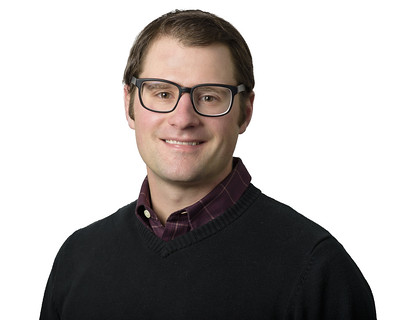
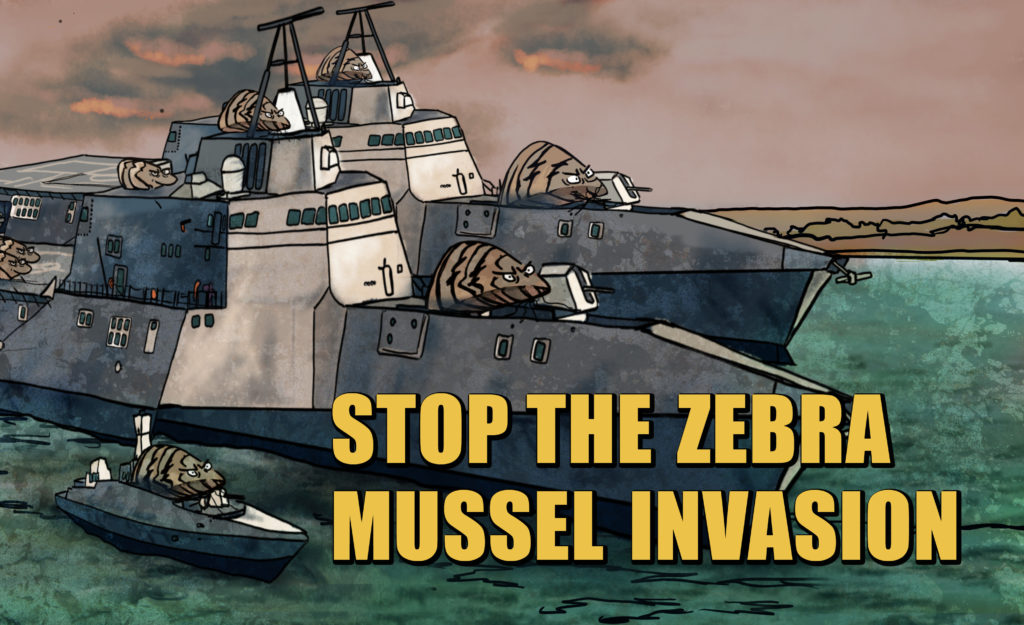
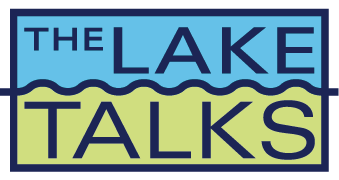 Topics include aquatic invasive species, eating local fish and Green Bay’s ecosystem
Topics include aquatic invasive species, eating local fish and Green Bay’s ecosystem Due to public health concerns related to COVID-19, the two remaining events in the
Due to public health concerns related to COVID-19, the two remaining events in the